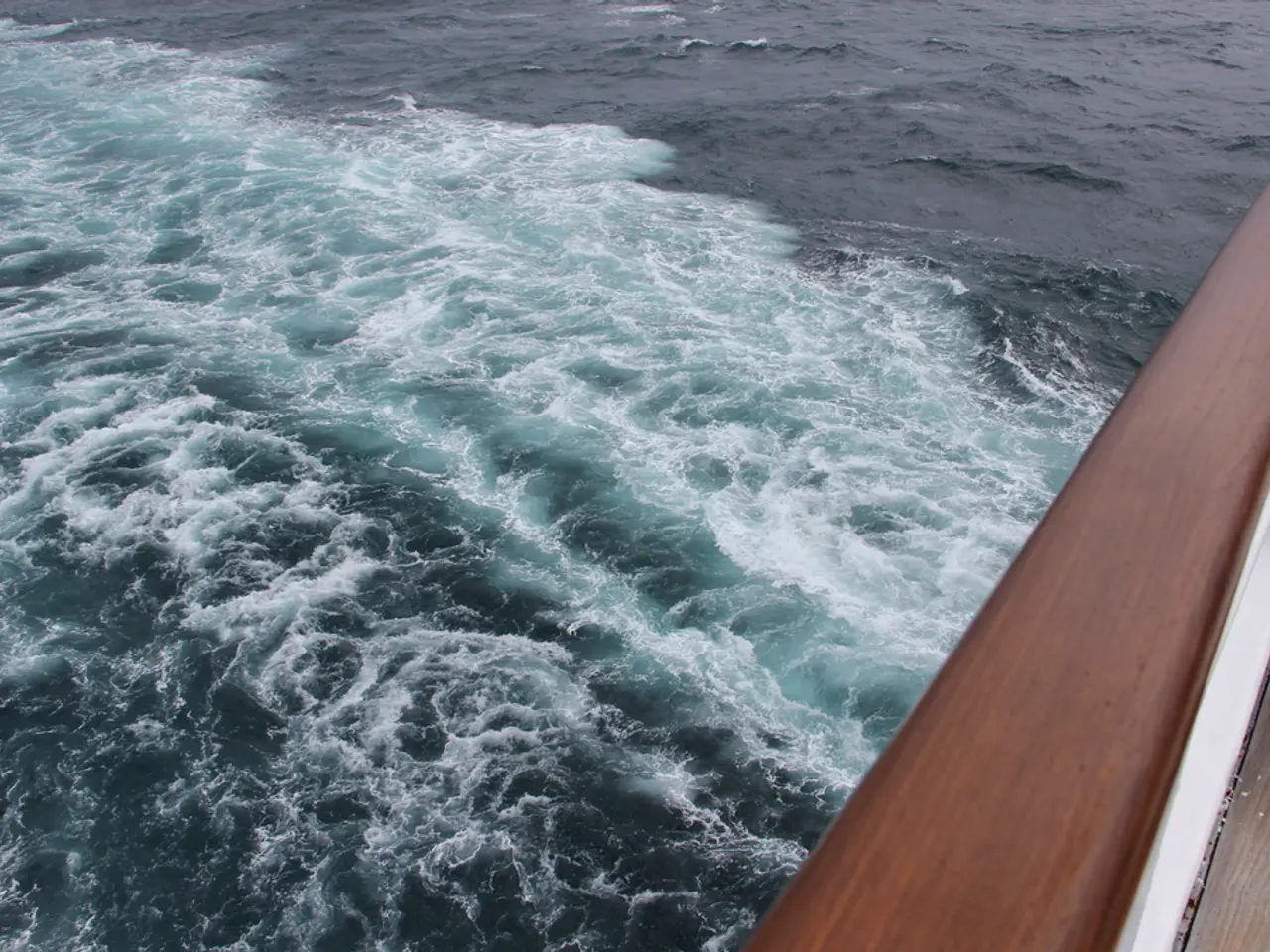Unraveling the Art of Maritime Dispute Resolution: A Detailed Handbook
In the complex and interconnected world of maritime law, disputes can arise in various forms, from shipping contracts to cargo damage and personal injury claims at sea. One method gaining prominence as a solution is maritime mediation, a structured process facilitated by a neutral third-party mediator.
Maritime mediation promotes collaborative problem-solving, helping parties craft their own resolutions tailored to their specific needs. The mediator serves as a facilitator, clarifying points of contention, encouraging cooperative dialogue, and expediting the resolution timeline significantly.
The comparative advantages of maritime mediation over traditional litigation and arbitration centre on several key factors. Firstly, maritime mediation is cost-effective, generally incurring lower costs compared to litigation and arbitration. It reduces expenses related to court fees, extensive legal representation, and prolonged proceedings.
Secondly, maritime mediation is a faster dispute resolution process, enabling parties to move on without protracted delays. Unlike litigation, which can involve lengthy court trials and appeals, or arbitration that might extend over complex procedural stages, mediation can resolve disagreements quickly.
Thirdly, maritime mediation offers a flexible and informal framework that can be tailored to the specific needs and concerns of the parties. This contrasts with the more rigid procedural rules of courts and arbitration panels, allowing a more adaptive approach to reach mutually acceptable outcomes.
A significant advantage of mediation is its collaborative and less adversarial nature, which helps preserve professional and commercial relationships. Unlike litigation and arbitration, which often pit parties in direct opposition, mediation fosters dialogue and cooperative problem-solving, protecting reputations and encouraging ongoing partnerships—an aspect especially vital in the maritime industry and trust-based commercial cultures.
Confidentiality in maritime mediation also encourages open communication among parties, leading to more effective resolution of disputes and fostering trust among parties. Unlike litigation, which is generally public, mediation proceedings are typically confidential, helping parties avoid public exposure of sensitive business information or disputes.
Mediation empowers parties with greater control over the outcome, as resolutions are negotiated rather than imposed by a judge or arbitrator. This control can result in more creative and satisfactory solutions tailored to both parties' interests, unlike the binding decisions in arbitration or litigation.
With international developments like the Singapore Convention on Mediation, mediated settlement agreements can be more easily enforced across borders, enhancing the practical utility of mediation in international maritime disputes. However, enforcement of mediated agreements can present difficulties, particularly in international contexts where legal recognition of such decisions varies.
In conclusion, maritime mediation is particularly advantageous where parties seek efficient, cost-effective, flexible, and relationship-preserving solutions. It complements arbitration and litigation, which may be preferred for certain complex or high-stakes disputes requiring binding decisions. As global trade continues to expand, there will be a growing demand for effective dispute resolution methods, making maritime mediation a preferred alternative to litigation.
- Engaging in home-and-garden activities could provide a refreshing break from the litigation process, allowing one to focus on a more peaceful lifestyle.
- Pursuing education-and-self-development courses on technology can equip parties with both the technical skills necessary for their maritime careers and the problem-solving abilities beneficial during mediation.
- In the world of professional sports, teamwork and collaborative problem-solving are crucial for success, demonstrating the effectiveness of a similar approach in maritime mediation.




